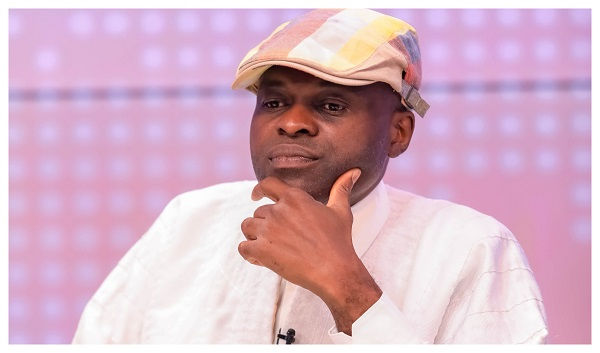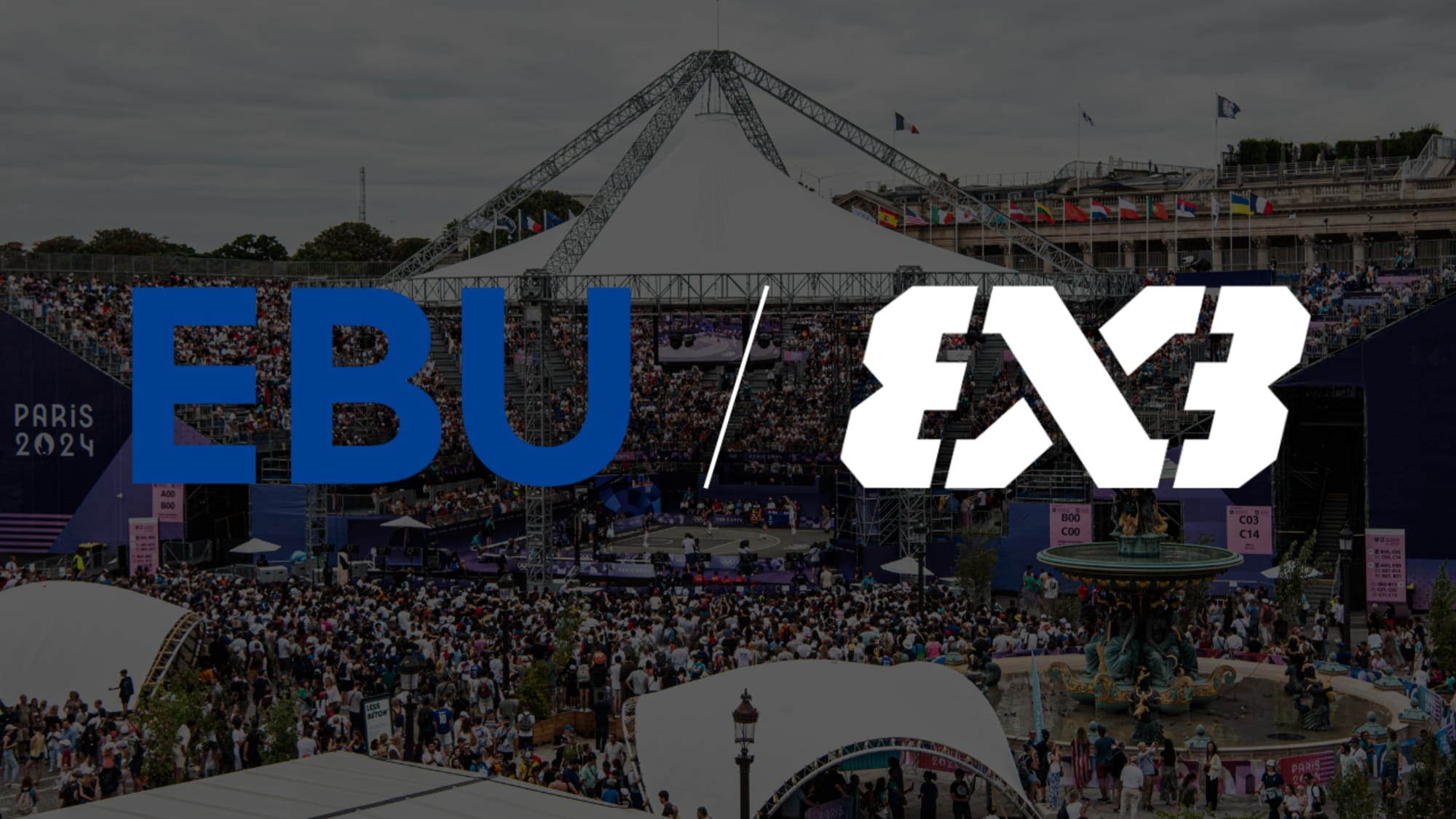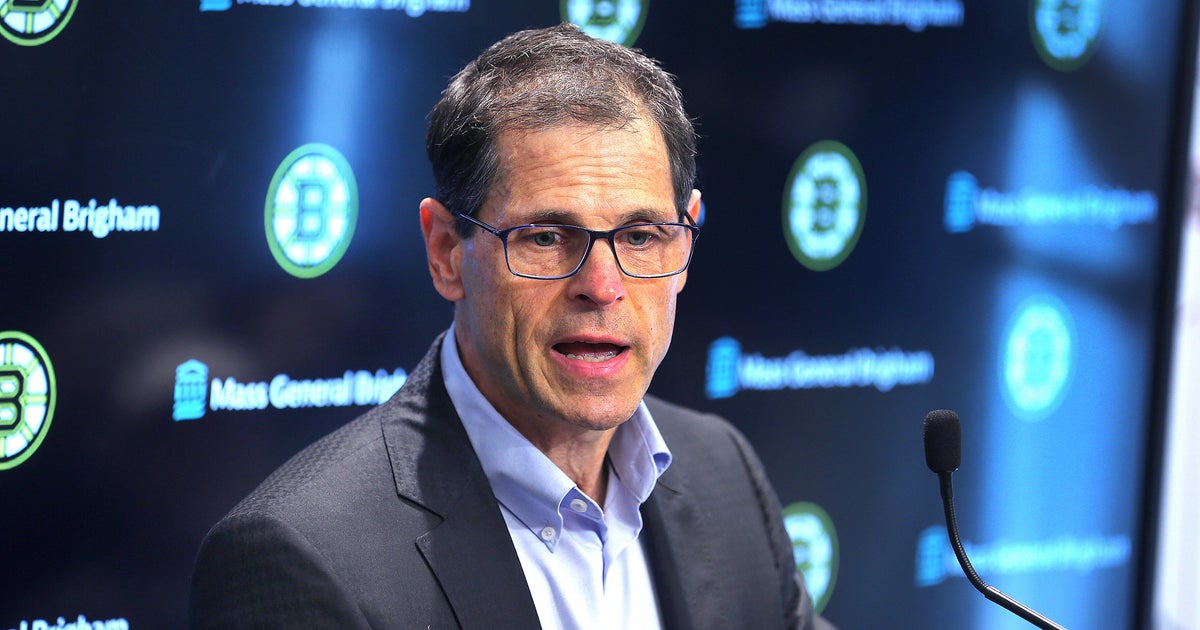Nigeria and South Africa Lead in Global Clean Energy Funding for Africa - Ecofin Agency
Global public funding for clean energy in developing countries hit $21.6 billion in 2023
• South Africa and Nigeria rank among the world’s top five beneficiaries
• South Africa focuses on industrial transition, Nigeria prioritizes off-grid electrification
International public funding for clean energy in developing countries reached $21.6 billion in 2023, the highest level since 2017, according to the Tracking SDG7: The Energy Progress Report 2025 published in June by the World Bank, the International Energy Agency, and other global organizations.
Two African countries, South Africa and Nigeria, stand out among the top five global recipients. South Africa secured $935 million, while Nigeria attracted $829 million, placing them alongside India, Turkey, and Uzbekistan.
This increase marks the third consecutive year of rising clean energy investments. However, the report highlights an ongoing imbalance, as funding remains concentrated in stronger economies, leaving behind the least developed, landlocked, or island nations.
South Africa attracted $935 million in international public funding, spread across 28 projects. Nearly half of these funds supported solar energy initiatives. The largest financing was a $300 million World Bank loan under the country’s Just Energy Transition Investment Plan (JET-IP). South Africa also secured targeted grants, such as $22.8 million from Germany to support green hydrogen pilot projects.
The country’s ability to attract funds reflects the advantage of having a clear national strategy focused on industrial decarbonization, backed by active coordination with development partners.
Nigeria made significant progress with $829 million in public clean energy funding. A major share, $698 million, came through an International Development Association (IDA) loan for the Nigeria Distributed Access Through Renewable Energy Scale-Up project, designed to expand mini-grids and off-grid solar systems.
This project targets the country’s pressing need for electricity access, as over 80 million Nigerians still live without power. The initiative reflects Nigeria’s clear direction toward rural and productive electrification, supported by financial solutions adapted to local challenges.
Nigeria and South Africa represent two effective approaches. One focuses on expanding decentralized electricity access, while the other emphasizes industrial transformation. Both countries share the ability to quickly absorb large-scale international public funding through bankable projects aligned with donor priorities.
These examples show Africa’s potential to mobilize significant clean energy funding. The next challenge is turning these efforts into a driver for regional transformation. Achieving this requires moving beyond isolated projects toward clear roadmaps built on measurable impact, long-term viability, and strategic alignment among all stakeholders.












